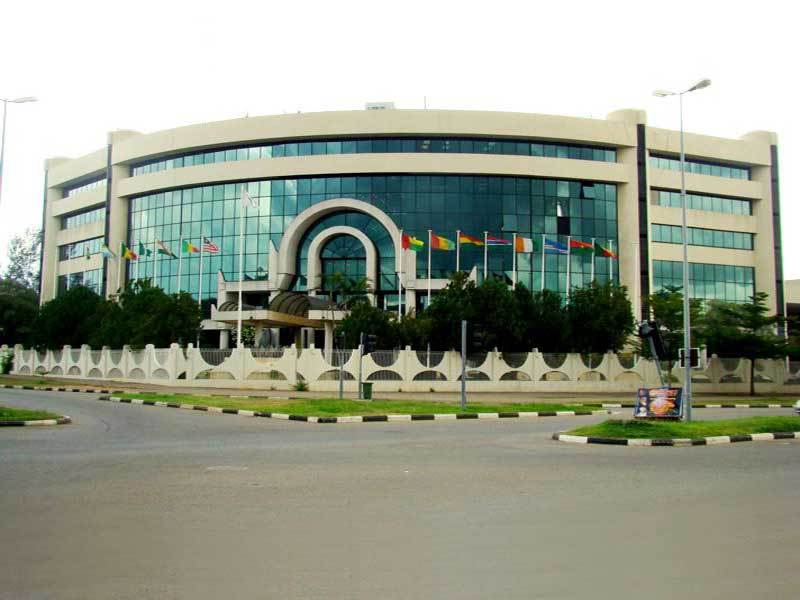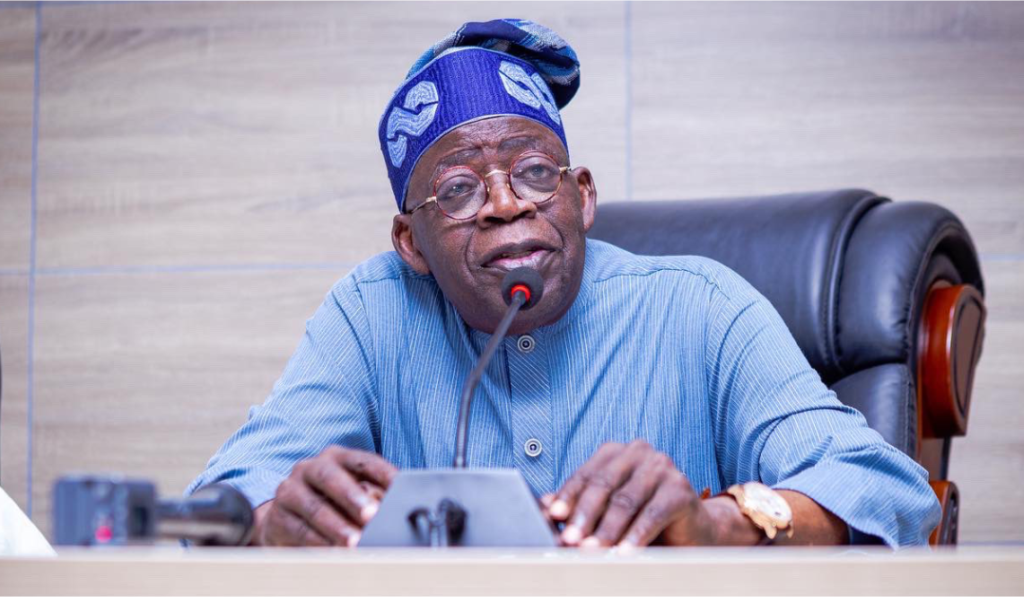What’s Happening?
President Bola Ahmed Tinubu and the Nigerian federal government have been taken to the Community Court of Justice of the Economic Community of West African States (ECOWAS Court) over the declaration of a state of emergency in Rivers State. The lawsuit, filed on March 20, 2025, challenges the suspension of democratically elected officials, including Governor Siminalayi Fubara, his deputy, and members of the Rivers State House of Assembly.
The plaintiffs, led by Harry Ibiso and 11 others representing the Eastern Zone of the Ijaw Youth Council, are seeking to quash the emergency rule and restore democratic governance in Rivers State. They argue that Tinubu’s actions violate fundamental human rights and undermine democratic principles.

The Lawsuit: Key Arguments
The plaintiffs have made several compelling arguments in their suit, marked ECW/CCJ/APP/18/25:
- Unlawful Suspension of Elected Officials: The plaintiffs contend that President Tinubu lacks the constitutional authority to suspend or remove a democratically elected governor and other state officials.
- Violation of Democratic Rights: They argue that the emergency rule has stripped the people of Rivers State of their democratic rights, leaving them without representation and undermining their dignity as citizens.
- Misuse of Emergency Powers: The lawsuit claims that the state of emergency is being used as a pretext to usurp the executive and legislative functions of the state government, which is not its intended purpose.
- Appointment of Sole Administrator: The plaintiffs are also challenging the appointment of retired Vice Admiral Ibokette Ibas as the sole administrator of Rivers State, calling it an unconstitutional overreach.
Why This Matters
The declaration of a state of emergency in Rivers State has sparked widespread controversy, with many viewing it as an attack on democracy. The suspension of elected officials and the appointment of a sole administrator have raised concerns about the concentration of power and the erosion of democratic institutions.
By taking the case to the ECOWAS Court, the plaintiffs are seeking international intervention to uphold democratic principles and protect the rights of the people of Rivers State. The outcome of this case could set a significant precedent for how emergency powers are used in West Africa.
The ECOWAS Court: A Beacon of Hope?
The ECOWAS Court is known for its role in upholding human rights and democratic governance in West Africa. By bringing the case to this court, the plaintiffs are hoping for a fair and impartial judgment that will hold the Nigerian government accountable for its actions.
The court’s decision could have far-reaching implications, not just for Rivers State but for the entire region. It could reinforce the importance of respecting democratic institutions and the rule of law, even in times of crisis.
Reactions and Implications
The lawsuit has drawn mixed reactions from Nigerians and the international community. Supporters of the plaintiffs argue that the emergency rule is a blatant abuse of power, while others believe it was necessary to address the security and political crisis in Rivers State.
The case has also reignited debates about the balance of power between the federal and state governments in Nigeria. Critics argue that the federal government’s actions undermine the autonomy of states and set a dangerous precedent for future governance.
Read also: “Peter Obi Laments: ‘Democracy Doesn’t Exist in Nigeria’ Amid Rivers State Emergency Controversy
What’s Next?
The ECOWAS Court is yet to fix a date for the hearing, but the case is expected to draw significant attention from legal experts, human rights organizations, and political analysts. Key developments to watch include:
- The court’s ruling on whether to quash the emergency rule and reinstate the elected officials.
- The federal government’s response to the lawsuit and its defense of the emergency declaration.
- The potential impact of the case on Nigeria’s political landscape and its relationship with ECOWAS.
Key Takeaways
- President Tinubu and the Nigerian government have been sued at the ECOWAS Court over the declaration of a state of emergency in Rivers State.
- The plaintiffs argue that the suspension of elected officials violates democratic rights and undermines the rule of law.
- The case highlights the tension between federal and state powers in Nigeria and the importance of upholding democratic principles.
- The ECOWAS Court’s decision could set a significant precedent for the use of emergency powers in West Africa.
